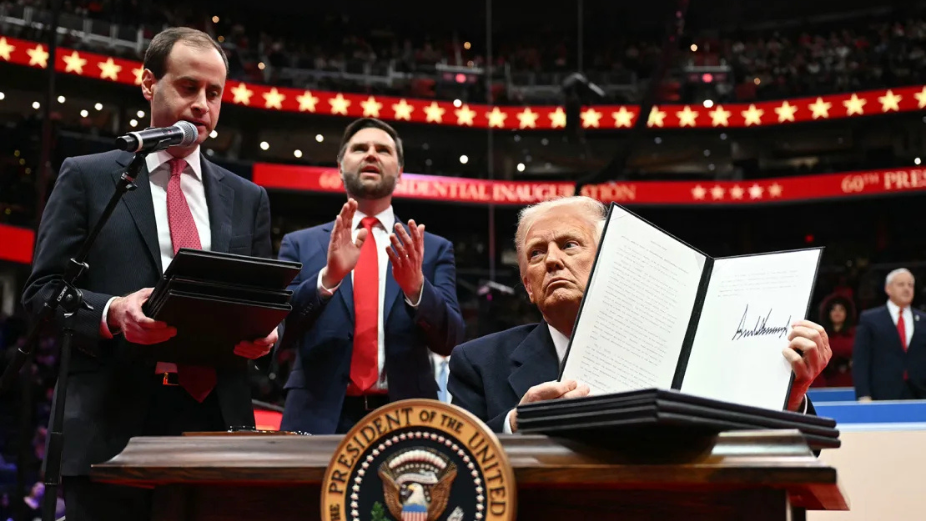
On 20 January 2025, President Donald Trump signed a series of executive orders, including the withdrawal of the United States from the Paris Climate Agreement. This marks the second time the Trump administration has opted out of the historic climate accord, a decision that Mohamed Nasheed, former President of the Maldives and Secretary-General of the Climate Vulnerable Forum (CVF), has described as “disappointing.”
A Lifeline for the Vulnerable
Nasheed reiterated the critical importance of the Paris Agreement for the world’s most vulnerable nations, particularly the 70 countries represented by the CVF. “For our member countries, 70 of the most climate-vulnerable developing countries, Paris is a lifeline. It enshrined a threshold for global temperature rise of 1.5 degrees for safety to be restored and provided scales of justice to be rebalanced by the historical big emitters to, in some way, make amends for the climate damages we suffer daily,” he stated.
The Maldives, with its low-lying geography, is at the forefront of the climate crisis, facing existential threats from rising sea levels, storm surges, and extreme weather events. Nasheed extended an invitation to President Trump to witness the impacts firsthand. “I invite the President to witness the actual impacts from storm surges to heatwaves to melting glaciers to massive crop failures, so that he may reconsider the position of his administration,” he said.
A Call for Leadership
Nasheed’s statement emphasised the need for leadership from the United States, the world’s second-largest carbon emitter. “This has always been about leadership and the US must be a tide of change – to be exceptional – because climate change impacts are drowning, burning, and washing away the future of the poor and vulnerable – our future – and the worsening impacts cannot just be wished away,” he urged.
While expressing disappointment at the withdrawal, Nasheed also expressed confidence that the U.S. would eventually return to the Paris Agreement. “Step by step, we must be guided by science, the most effective weapon utilized by US institutions, that leads the way towards the greater good. I am sure the US will be back in Paris,” he stated, calling for international unity and collective action in the meantime.
The Future for Small Island Developing States
The absence of U.S. leadership on climate change presents a significant challenge for Small Island Developing States (SIDS) like the Maldives. Reduced international cooperation and potential funding shortfalls could hinder adaptation and resilience-building efforts, leaving vulnerable nations exposed to escalating climate impacts. However, as Nasheed noted, nations determined to address the crisis must continue to work together to build a cleaner, more prosperous future.
The Trump administration’s decision is a stark reminder of the urgency of the climate crisis and the need for unwavering commitment from global leaders. For SIDS and other vulnerable nations, the stakes could not be higher.











